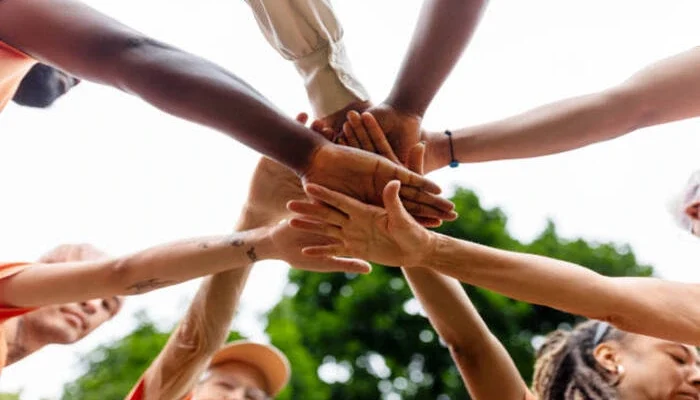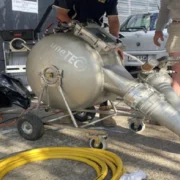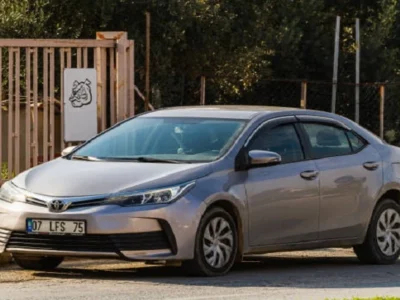Key Takeaways
- Volunteering to help veterans provides emotional and practical support to those who have served the country.
- Engaging in community volunteer work enhances personal well-being and fosters stronger community ties.
- Volunteers can find various contributing opportunities, from tutoring to providing transportation services.
Table of Contents
- The Benefits of Volunteering for Veterans
- Community Engagement Through Volunteering
- Types of Volunteer Opportunities
- How Volunteers Make a Difference
- The Personal Benefits of Volunteering
- Ways to Get Involved
- Volunteering During the Pandemic
- Final Thoughts
The Benefits of Volunteering for Veterans
Volunteering for veterans provides crucial support and appreciation for their service. Organizations that help veterans offer various opportunities, including event organization and companionship roles. These efforts are vital in enhancing veterans’ quality of life and aiding their reintegration into civilian society. Serving veterans goes beyond addressing immediate needs; communities have established organizations that bridge the gap between military service and civilian life, providing emotional and practical support. These initiatives often allow veterans to learn new skills, secure jobs, and connect with resources that enhance their quality of life.
Community Engagement Through Volunteering
Volunteering fosters a sense of community and builds a support network for veterans, promoting mutual support and reciprocal relations. Projects like local veteran support groups can enhance community cohesion and resilience. Volunteer activities promote values of service, empathy, and collaboration, making engaged communities safer, more resilient, and better prepared for emergencies. Engaged communities experience lower crime rates and higher overall well-being. Volunteering helps connect individuals with similar interests and beliefs, leading to lasting friendships and a sense of belonging. By supporting a common cause, individuals make a tangible difference in veterans’ lives and contribute to a more inclusive and supportive society.
Types of Volunteer Opportunities
- Tutoring: Help veterans and their families with educational needs, from school subjects to vocational training. Academic support can empower veterans to pursue new career paths, enhance their knowledge, and achieve personal and professional growth. Tutoring can take various forms, including one-on-one sessions, group classes, and online tutoring.
- Transportation: Offer rides to medical appointments or social events, making it easier for veterans to access services and community activities. Reliable transportation is crucial for veterans, especially those with mobility issues or those living in remote areas. Volunteers can help veterans maintain their independence and stay connected with their communities by providing transportation.
- Home Repairs: Volunteer your skills for minor home improvement projects to provide veterans with a safe and comfortable living environment. Many veterans face challenges related to housing and home maintenance. Helping them improve their living conditions and contribute to their overall well-being is a great way to do this.
- Companionship: Spend time with veterans to reduce isolation and provide emotional support during tough times. Companionship activities can include regular visits, phone calls, and participating in social events together. These interactions can help veterans feel valued and appreciated, reduce feelings of loneliness, and promote mental and emotional health.
How Volunteers Make a Difference
Volunteers play a crucial role in veterans’ lives by offering time, skills, and compassion. They create a supportive environment where veterans feel understood and appreciated, helping them overcome challenges and enjoy fulfilling lives. Community involvement can lead to better health and longevity for veterans and volunteers. Research shows that volunteering enhances mental health, lowers stress levels, and fosters a sense of fulfillment. Veterans with a robust support system experience better overall health outcomes, such as better chronic condition management and lower rates of anxiety and depression.
The Personal Benefits of Volunteering
Volunteering benefits both recipients and volunteers. It increases happiness, improves mental health, and fosters a sense of purpose. According to research, volunteering may give one a feeling of purpose, reduce stress, and fight depression. It also leads to personal growth, skill development, and increased social connections. Volunteers feel connected to their communities and more aware of the issues they face, which can inspire further civic engagement and advocacy for social change. Overall, volunteering offers a win-win situation for both parties involved.
Ways to Get Involved
Starting a volunteering journey is easy and rewarding. Look for local organizations that assist veterans and join their initiatives. Participate in events and join online groups to connect with others. Explore national and international organizations for volunteer resources. Contact veteran service organizations, community centers, and religious institutions for volunteer opportunities. These organizations often have programs that welcome new volunteers and offer training and support. Seek referrals from friends, family, and coworkers; they may provide insightful information and connections.
Volunteering During the Pandemic
The pandemic has prompted a shift in volunteer methods, but the demand for support remains high. Virtual volunteering has emerged as a viable option, offering online tutoring, phone calls, and virtual events. This flexibility allows more people to participate from home despite social distancing measures. Innovative ways to support veterans include virtual fundraisers, digital content creation, and remote administrative assistance. Despite the challenges, people’s spirit of voluntarism remains unwavering, demonstrating the resilience of volunteers in the face of adversity.
Final Thoughts
Volunteering to support veterans is a rewarding way to show gratitude and help those who have served our country. It fosters community bonds, promotes personal well-being, and significantly impacts veterans’ lives. By volunteering, we can contribute to a more compassionate society and continue to honor and support our veterans.
Caring Touch Home Health Makes a Difference in Patients’ Lives










Comments